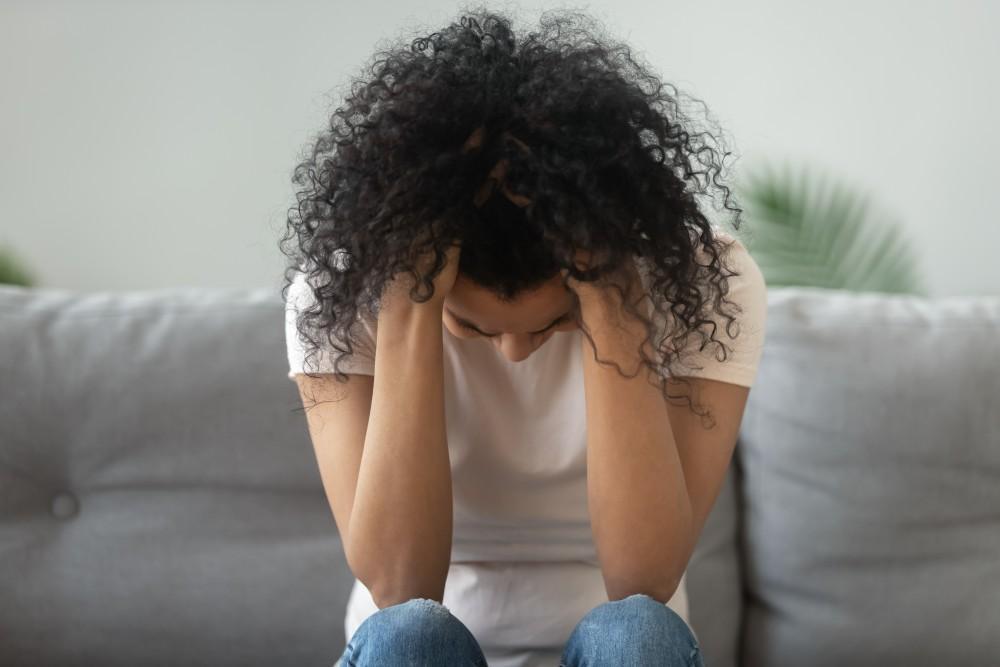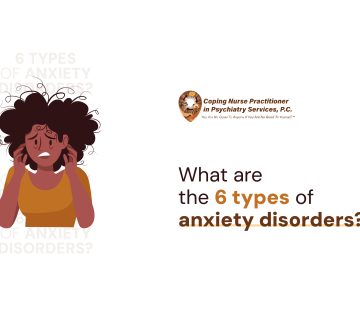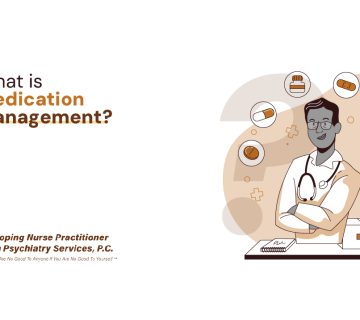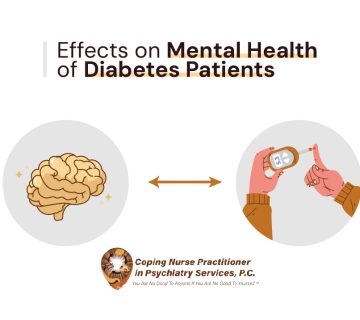Teens have remarkably high rates of anxiety, with almost a third of adolescents aged 13-18 having an anxiety disorder. Rates are on the rise, with anxiety disorders reducing teens’ confidence and worrying parents about the future implications.
Counseling services at Coping Nurse Practitioner in Psychiatry Services empower teens to cope with their anxiety and excel in school and in their personal lives. Individualized care helps your teen thrive, improving their self-worth, confidence, and social skills.
Nurse practitioner Judy Vansiea, DNP, MA, MS, APRN, NPP, can prescribe medications and provide anxiety-focused counseling to your child from the Uniondale, New York, office.
Additionally, telemental services are available to teens in the boroughs of New York City, including Brooklyn, the Bronx, Manhattan, Queens, and Staten Island, and in New Jersey and Kansas as well.
Dr. Vansiea wants teens to thrive and can give them the tools to do so through individualized psychiatric care. Let’s explore some of the most pressing reasons why anxiety is so prevalent among teens.
Examining differences in the developing teenage brain
Make no mistake — teens can be remarkably clever and intelligent. But keep in mind that a teenager’s mind is not yet fully developed, even if they occasionally outsmart you.
A teenager’s brain is structurally different from an adult’s. These structural differences align with differences you can’t see, too. Teens respond differently to various stimuli, including stress and the reward system. Plus, they have different levels of neurotransmitters, which handle mood regulation.
Your teenager’s body develops with their growing brain. During puberty, a hefty release of hormones drives your teenager’s growth and development.
High levels of hormones can influence how your teen thinks and feels, and the overall stress of watching their body change may have an impact on their mental well-being, too.
Adults have a fully developed prefrontal cortex, which allows them to exert more control over their thoughts and emotions, while teens are still catching up. All of these differences put teens at a higher risk of anxiety and can lead to maladaptive coping mechanisms like substance abuse.
High pressure from the outside
Teenagers in today’s world are under a lot of pressure — arguably more so than teens in previous generations. Your adolescent might constantly feel overwhelmed by pressure from:
School
Your adolescent spends the majority of their week in school. They may feel an overwhelming pressure to succeed in academics, which only gets stronger as graduation approaches. Social dynamics in their learning environment can also contribute to problems like low self-esteem and anxiety.
Social media
Social media is an ever-evolving beast amid deepening research into its true impact on teenagers’ growing minds.
With over 90% of teens using some form of social media to stay in touch with friends, foster new social connections, and curate their personal images, many overlook the mental health risks that come with using these platforms.
Social media platforms open the door to new and inventive forms of bullying, many of which are covert. Many teens also compare themselves to the influencers they see on social media, which inadvertently increases their self-criticism.
A changing world
One huge distinction between the lives of teenagers today versus those in the past is that the former group lives in an objectively more dangerous world.
With school shootings and other forms of violence on the rise, teens are more exposed than ever to the presence of impending danger. Their school may practice lockdowns or drills for such an event, and with 24-hour news cycles and social media, they have little chance of naivety around heartbreaking events.
Every teen is unique
Dr. Vansiea understands that the circumstances leading to a teenager’s anxiety are unique to each case. While the factors we’ve explored are common themes in teenage anxiety, there may be environmental factors, past trauma, and genetics at play, too.
Coping Nurse Practitioner in Psychiatry Services ensures your child gets the best possible outcome from faith-based counseling and other forms of anxiety care. Call the office or book an appointment online for anxiety care for your teen today.





No comment